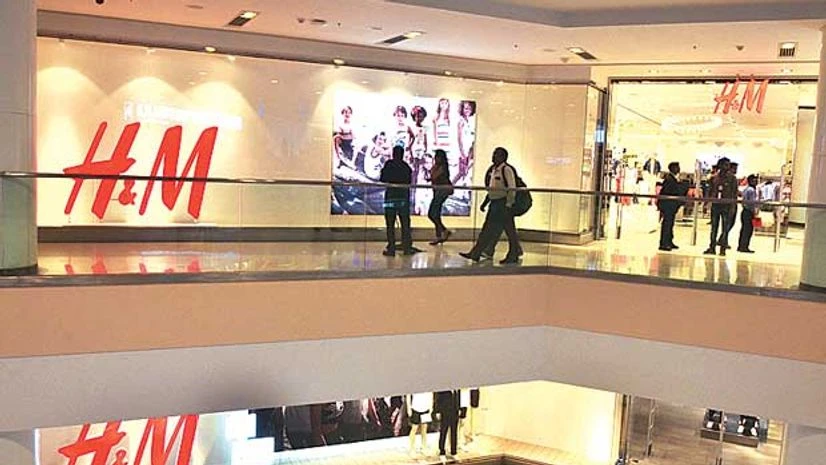In a statement on Friday, the two firms said they have bought three shopping centres in the country for $300 million. The remaining $150 million will be used to buy, or build new retail real estate assets.
APG is investing 77 percent of the funds, Xander the rest.
In 2014, the two parties formed a $300 million venture aimed at investing in commercial office space in major Indian cities.
Also Read
Despite a surge in e-commerce, private equity investors like Blackstone and Xander have sought malls in the fast growing Indian market, betting that people will flock to stores as more foreign brands open and online retailers ease their aggressive discounting.
Indian malls, evolving from ramshackle collections of stores to modern plazas, are seen as a gateway to brands that a growing middle class aspires to own.
"It is hard to recreate the physical experience online," said Sachin Doshi, the Managing Director and head of private real estate investment for Asia Pacific at APG.
Consumer spending in India is set to top $3.6 trillion by 2020, and brands like Ikea, H&M and GAP are planning forays into a country where new rules allow shops to open 24 hours a day.
For investors, a dearth of quality malls and growing demand from retailers means faster rental growth and higher yields.
According to Jones Lang LaSalle, who is aporperty consultant, retail rents in some malls have risen as much as 20 percent over the past year, and shopping centre yields in India are about 11 percent compared with 4.9 percent in Singapore and 4 percent in London.
The three shopping centres acquired by APG and Xander are spread across an area of about 3.5 million square feet and are located in Bengaluru and Chennai in southern India, and Surat in the west. Moreover, sources say new developments will be based in Mumbai, Delhi, Hyderabad and Pune.
APG's total investment in Indian real estate, including this deal, adds up to $800 million.

)
